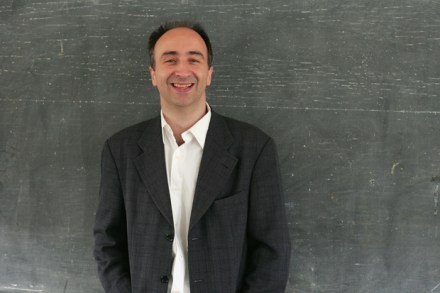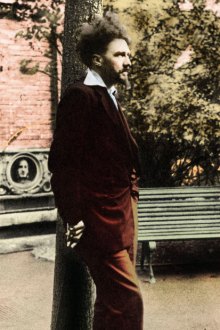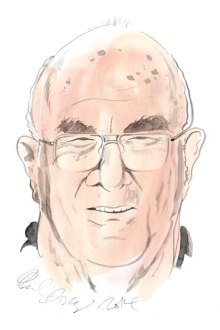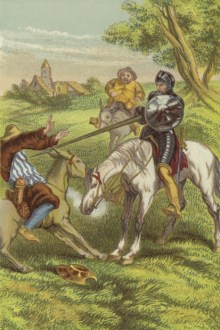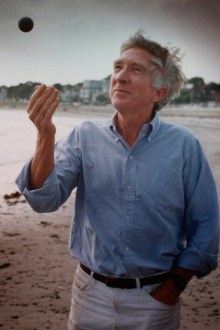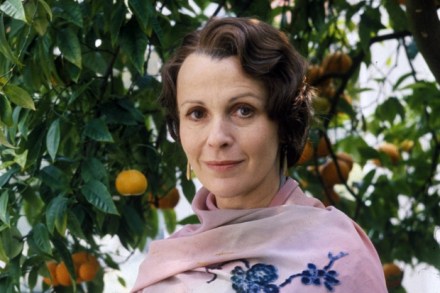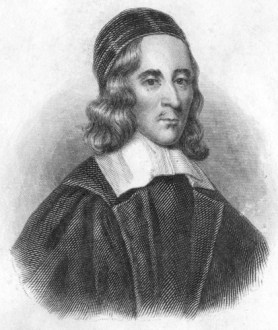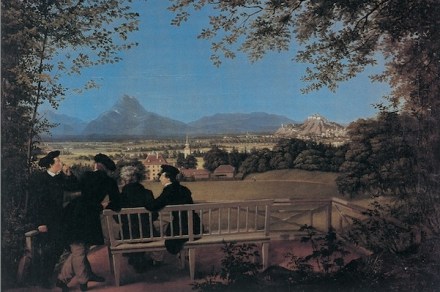Pessimism keeps breaking in
State-of-criticism overviews and assessments almost always strike a bleak note —the critical mind naturally angles towards pessimism — so it can be worthwhile occasionally to announce that, against expectations, despite everything, literary criticism is still alive and in print. Recent technological and economic threats have not been as damaging as the so-called theory wars of the 1970s and 1980s, and while theory does colour some recent fiction (treated with ironic humour by Jeffrey Eugenides, say, or with cramped loyalty by Tom McCarthy), critics outside the academy now act as though it has been vanquished through institutional assimilation; the models are Edmund Wilson and Clive James, not Derrida and de Man.
